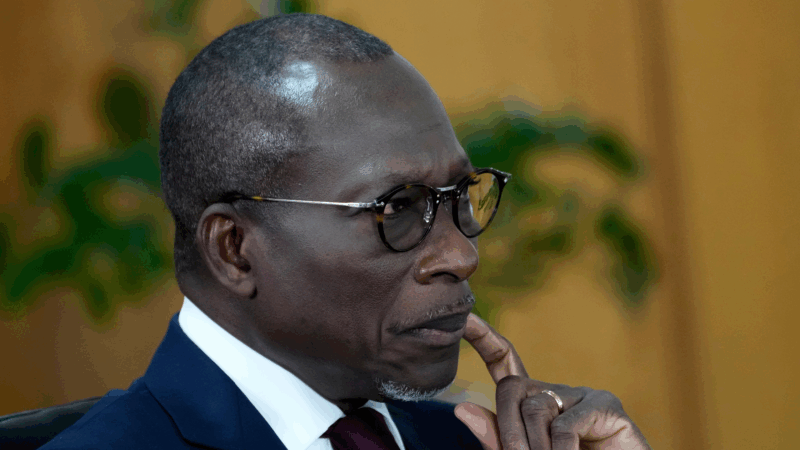UAB Research Finds Security Risks with Computer Created Voices
What if someone could take a recording of your voice and use it to create a digital version? In other words, he or she could use a computer to make it sound like you’re saying anything. A few weeks ago, the Canadian startup Lyrebird released a computer-generated conversation between some familiar voices.
It’s not the most natural-sounding, but you can probably tell the voices mimic Presidents Donald Trump, Barack Obama, and former Secretary of State Hilary Clinton. The technology has applications beyond parlor tricks. It’s also raising security concerns. That’s because we use our voices to identify ourselves.
Digital assistants such as Apple’s Siri or Amazon’s Alexa are designed to recognize a specific voice. Otherwise anyone shouting “Hey, Siri” could unlock any phone. Beyond that, some banks are now using voice recognition software to allow customers to access financial information by phone. Your voice essentially becomes a password.
But perhaps it’s not a very good password if software can now mimic your voice. Think about how many voices could be collected from YouTube videos or surreptitiously recorded with a smart phone.
So a team with UAB’s SPIES research group, which looks at emerging security and privacy issues, tackled a key question: is this type of security vulnerable to impersonation?
The study looked at two things. First, would a computer recognize and thus reject the fake voice? Turns out, according to this study, the synthesized voice fooled the computer more than 80 percent of the time.
“It’s not secure at all,” says Maliheh Shirvanian, who was part of the research team.
The second part of the study tested humans. Could they tell the difference between a real and fake voice? Test subjects listened to clips of Morgan Freeman and one like this.
Or maybe this…
That’s a fake Oprah Winfrey followed by her real voice.
People got it right only about half the time. Better than the computer but still no better than chance.
When this study came out in 2015, it raised a lot of alarms within the tech community. But Dan Miller says that’s overblown. He’s lead analyst with the firm Opus Research and he follows voice technology. Miller explains there are good procedures and technology in place to prevent fraud. He says outside the lab, banks he’s worked with can reduce that false acceptance rate to less than 2 percent.
“There is always a view that you can defeat these things and indeed you can,” says Miller. “But the safeguards against them being defeated are developing as rapidly as the methods to defeat them.”
Miller says every type of password has vulnerabilities. That’s why security experts recommend multi-factor identification where you need more than just one type of password to access something.
UAB’s Maliheh Shirvanian says the study from 2015 tested speech algorithms. They expect to release a new study in the coming months that tests actual apps which use speech recognition. It’ll be a measure of how quickly the technology is advancing, both to fake voices and to fight the fakes.
McLaren’s Lando Norris wins first F1 title at season-ending Abu Dhabi Grand Prix
Red Bull driver and defending champion Max Verstappen won the race with Norris placing third, which allowed Norris to finish two points ahead of Verstappen in the season-long standings.
A ban on feeding pigeons ruffles lots of feathers in Mumbai
The pigeon population has exploded — a result of people feeding the birds. For some it's a holy duty and a way to connect to nature. Critics point to health risks tied to exposure to pigeon droppings.
‘Rosemead’ tells a tragic — and true — story
The new movie stars Lucy Liu as an ailing mother to Joe, played by Lawrence Shou as a teenager facing mental illness in his feature debut role.
From 400-year-old globes to cosmic shrouds: A Maine library brings maps to life
From 400-year-old globes to cosmic funeral shrouds, how the Osher Map Library in Maine shows people that maps aren't just for navigation — but windows into history, culture, and how we see the world.
Benin’s interior minister says a coup announced earlier has been foiled
Earlier, a group of soldiers had appeared on Benin 's state TV Sunday to announce the dissolution of the government in an apparent coup, the latest of many in West Africa.
A fire at a popular nightclub in India’s Goa state kills at least 25, officials say
At least 25 people, including tourists, were killed in a fire at a popular nightclub in India's Goa state, the state's chief minister said Sunday.





